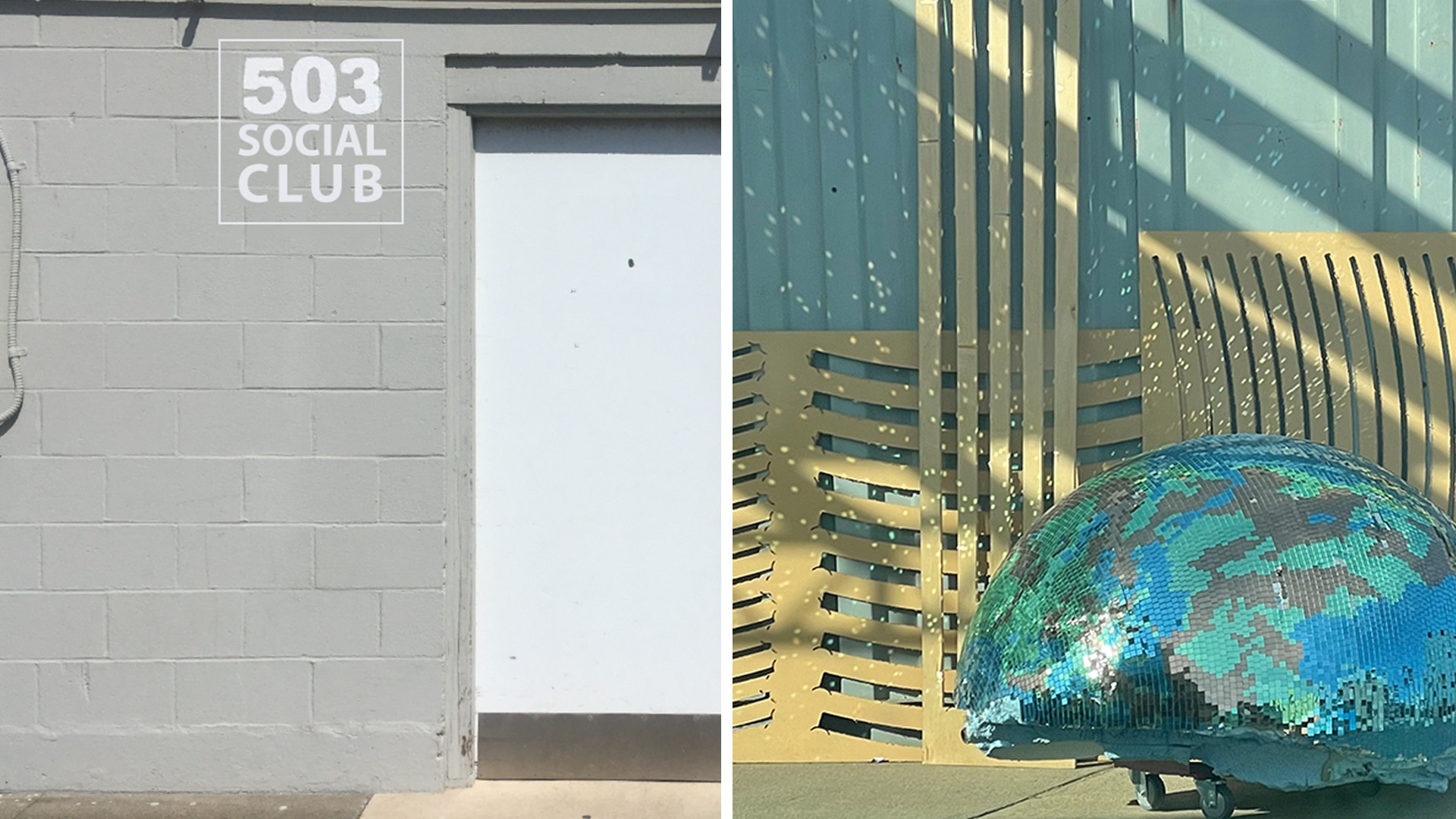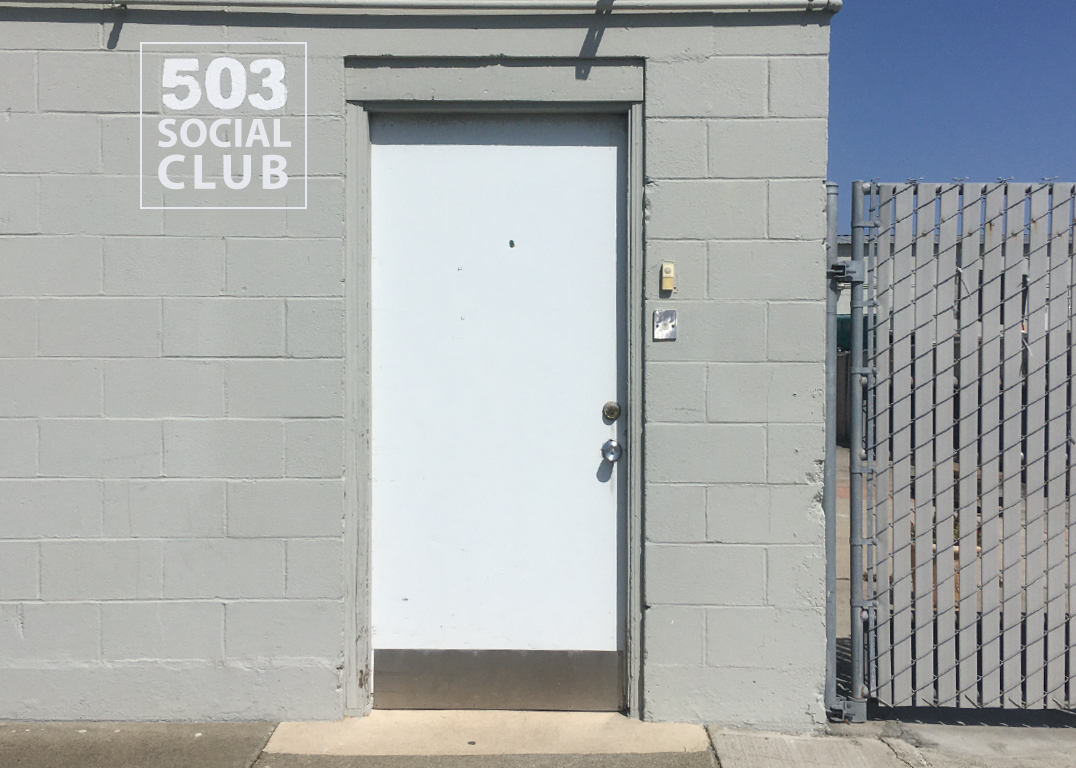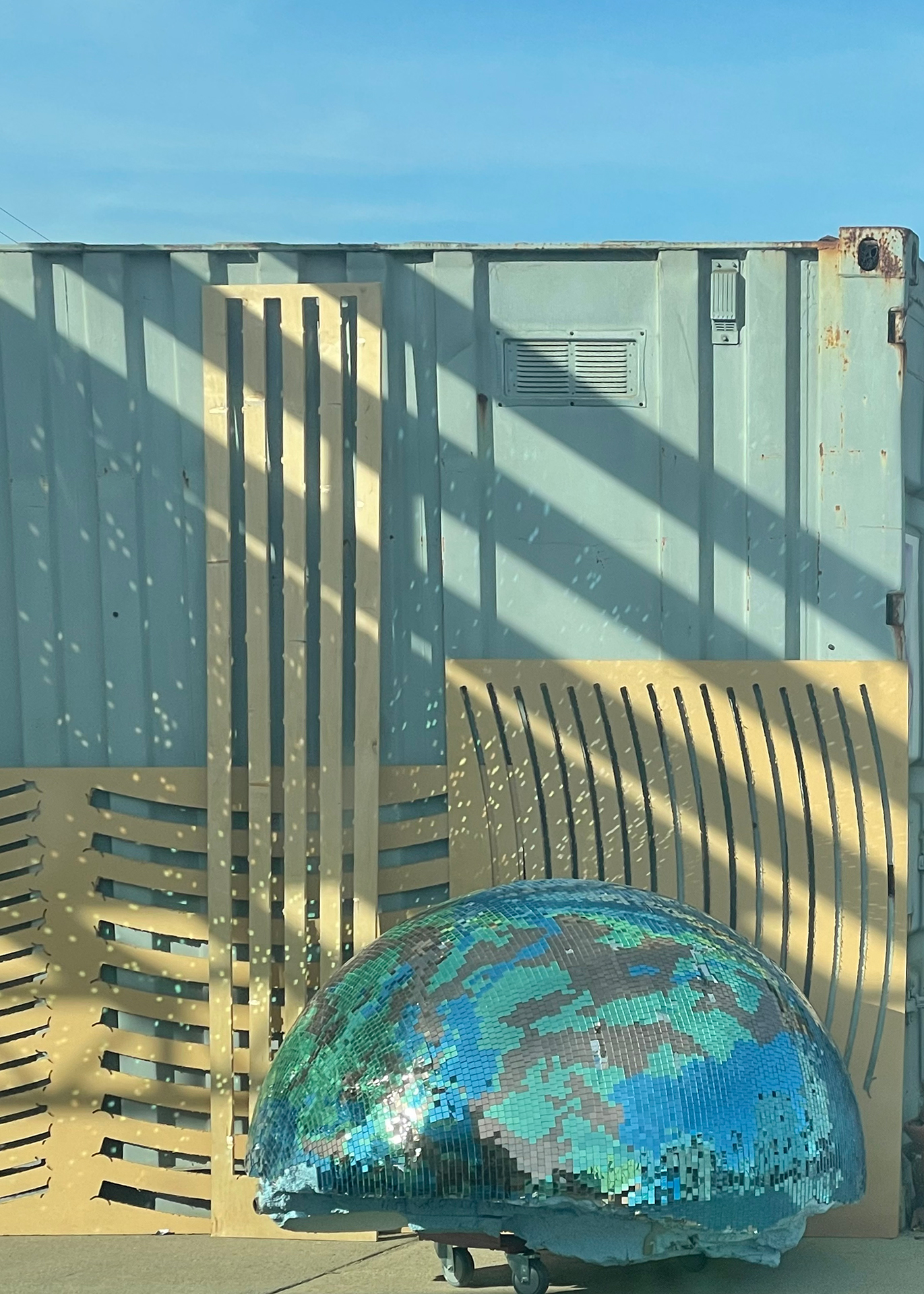
May 16, 2022
FOR IMMEDIATE RELEASE
The Artist in Residence Program at Recology San Francisco is thrilled to announce exhibition dates for current artists-in-residence Rania Ho and SFSU graduate student Leonard Reidelbach.
When:
Friday, June 10 from 5 – 8 PM
Saturday, June 11 from 12 – 3 PM
Tuesday, June 14 from 5 – 7:30 PM – artist talk by Leonard Reidelbach at 6:30 PM and Rania Ho at 7 PM (both talks will be live-streamed on Instagram @RecologyAIR)
Where:
503 Tunnel Ave/401 Tunnel Ave 94134
Admission is free and open to the public, no reservation required. All ages are welcome and the site is wheelchair accessible.
https://www.eventbrite.com/e/work-by-rania-ho-and-sfsu-graduate-student-leonard-reidelbach-tickets-332063198967?aff=website
Masks will be required at all times for those over 2 years old. Recology AIR will be requiring proof of full COVID-19 vaccination for all visitors ages 5 years and older and will accept the following forms of verification:
-
-
- An original, a copy, or a picture of your CDC vaccination card
- Documentation from a healthcare provider
- Digital COVID-19 vaccine record issued by the State of California
-
 Rania Ho
Rania Ho
503 Social Club
Written by Weston Teruya
Over the course of her time in residence at Recology, Rania Ho created the 503 Social Club, an artistic platform for informal interactions, celebrations, and conversation; a convergence of people in their varied travels and migrations, housed in a facility that in itself is a transit station, a site for gathering thrown out materials and processing recyclables. 503 Social Club invites the public to partake in this serendipitous and experimental gathering space.
Ho returns to recurring themes of movement and circulation throughout the project. In one room, she pairs a sprung wooden dance floor built of scrap plywood with a salvaged audio system of turntables and a reel-to-reel tape player. She fills the space with an eclectic collection of found audio, from music on vinyl to a poetic 1968 James Baldwin speech. In the weeks leading up to the public opening, Ho invited in small gatherings of people in her broader networks to convene, converse and dance, presenting evidence of these engagements through snippets of video documentation and a wall of polaroid snapshots. Images and objects installed throughout the space reference meandering paths and vectors of motion, like sun shades and collapsible camping chairs with freeway interchange maps sewn across their surfaces. Along with the dance hall, a second room features a cozy patio area for visitors to relax and continue their conversations. There, a fountain made from an inflatable raft, gently cycles water and provides a soft background soundscape.
This series of interpretations, large and small, speaks to Ho’s underlying interest in our varied lived experiences and complex histories; how we’ve each come to this room, this city, this country. 503 Social Club creates a framework and moment of pause to share in this unique confluence of people and objects before we each resume our ongoing paths.
Rania Ho is a multidisciplinary artist working in installation and performance. Her works employ a humorous, unexpected approach to everyday objects and situations as a means of interrogating broader social or cultural concerns. Ho received her BA in Theater Arts from UCLA and a master’s degree from the Interactive Telecommunications Program (ITP) at New York University. She lives and works in Beijing and San Francisco. Ho’s works have been included in the Jakarta Biennale and Thailand Biennale, as well as a solo exhibition mounted at SF’s Luggage Store Gallery. Ho is a co-founder of Arrow Factory, an independently run, alternative storefront art space in Beijing that operated from 2008 to 2019, and a co-founder of Wujin, a tiny café, bookshop, and creative platform in Beijing that has been running since 2013.

Leonard Reidelbach
intentionally, extravagantly, unconditionally
Written by Weston Teruya
In intentionally, extravagantly, unconditionally, Leonard Reidelbach presents an immersive installation, loosely resembling the setting of an intimate function, a party-themed multiverse that highlights interconnectivity, potentiality, and moments of transformation. At the center of the space lives a six-foot mirror ball globe, cleaved in half by the bulldozers of the dump. The cross-section reveals a pale blue Styrofoam core that Reidelbach carved out to hold a new constellation of found objects–worlds within worlds. Motifs inside the globe are carried through the space in sculptural prints, found lighting, and atmospheric music. Images of the star flecked expanse of the universe, pulled from an astronomy book to create a backdrop, continues this sense of nested celestial spheres; an almost vertiginous reminder of the complexities we contain within us and the infinite possibilities that surround us.
During the residency process, Reidelbach prioritized an openness to whatever materials he was drawn to in the public reuse and recycling area–a kind of cruising. This way of looking lends itself to the potential for a collaboration with what he describes as “the oracle of chance through a personal affinity with a stranger (or their object).” In the exhibition, Reidelbach swirls together recurring printed patterns and the original objects used to generate the abstract screen prints, including carpet underlayment, mesh mats, and handmade knit lace. The side-by-side evidence of this transmutation from material to print invites us to consider the poetry in these variations.
Throughout his broader practice, Reidelbach often draws together chosen communities to shape extravagant and mutually supportive social spaces built from a collaborative imaginary. That desire for connection carries into this exhibition through his collaborative dialogue with the materials he encountered. The inclusion of objects that carry an implied-but-hidden personal stories like hand-knitted lace or a curated collection of old CDs, brings you into universes of things grounded in peoples’ lives and histories. Discarded worlds are born again, if only for the lifetime of the party.
Leonard Reidelbach is an artist, educator, and organizer currently pursuing an MFA in Visual Art at San Francisco State University, where he is a co-founding member of the Art Student Union. He has exhibited in the Bay Area at CUBE Space Gallery, Adobe Books, and with NCECA at California State University Sacramento, and was a recipient of the Murphy and Cadogan Contemporary Art Award. He holds a BFA from the Maryland Institute College of Art and completed the apprenticeship program at the Fabric Workshop and Museum in Philadelphia. Reidelbach has taught classes through Kala Art Institute, the New Orleans Community Printshop and Darkroom, and as a lecturer at San Francisco State University.
About the Recology Artist in Residence Program
The Recology San Francisco Artist in Residence (AIR) Program is an art and education initiative that awards Bay Area artists access to discarded materials, an unrestricted stipend, and an individual studio space. These resources, along with comprehensive support, are provided to artists while they create a body of work and host studio visits during their four-month residency at the San Francisco Transfer Station.
Since 1990, over 150 professional artists and 50 student artists from local universities and colleges have completed residencies. Selected artists have worked across disciplines—including new media, video, painting, photography, performance, sculpture, and installation—to explore a wide range of topics.
The Recology AIR Program encourages the conservation of natural resources by providing artists with time, space, and reusable resources to create a new and impactful body of work. The Program further aims to create a more diverse and inclusive residency that amplifies perspectives from Bay Area communities and inspires children and adults who engage with the program to re-imagine their role in creating a just and sustainable world.
Contact:
art@recology.com
####